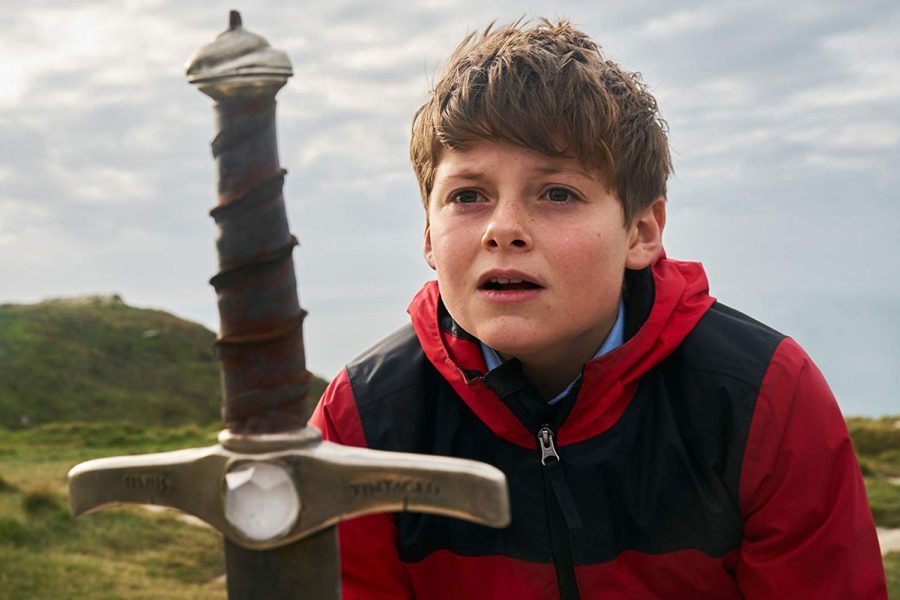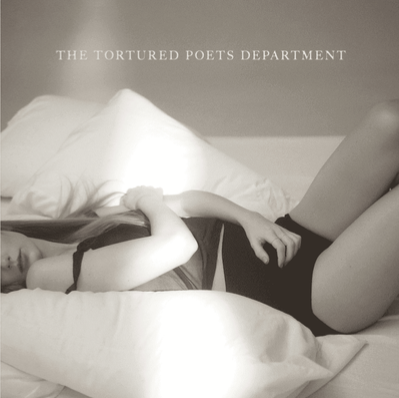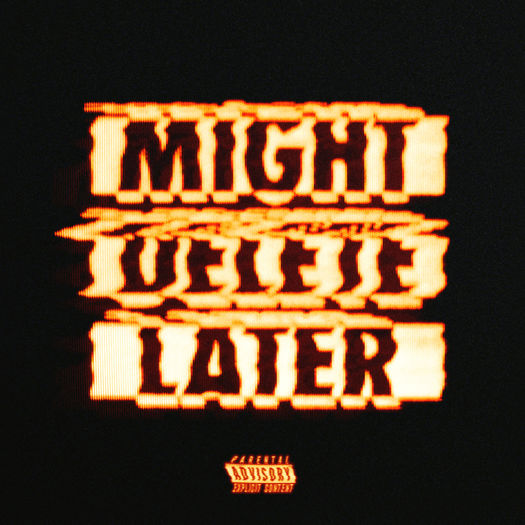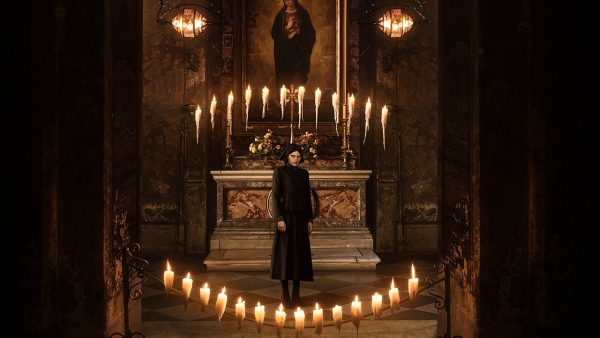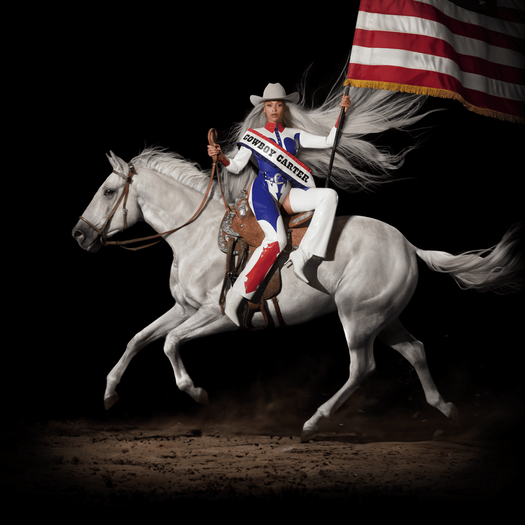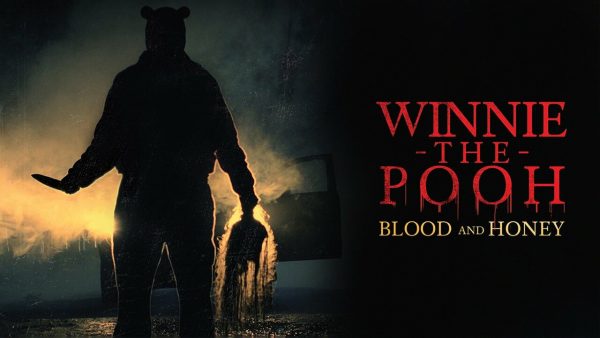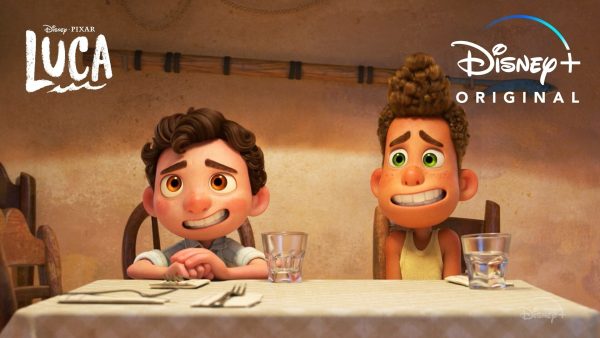Modern Arthurian retelling misses mark
‘The Kid Who Would Be King’ well-intentioned but misguided
February 13, 2019
As a history and fantasy enthusiast, I wanted to enjoy “The Kid Who Would Be King.” Unfortunately, there was more to critique than to praise in not only the story, but the characterization, dialogue and much more.
Taking place in a modern-day politically divided United Kingdom, the film tells the story of 12-year-old Alex (Louis Ashbourne Serkis), a nobody at his school who endures frequent bullying and ridicule. His world turns upside down when he wrenches a sword from a piece of concrete after being chased to a building site by bullies Lance (Tom Taylor) and Kaye (Rhianna Doris).
Although the story attempts to encourage young people to embrace responsibility for the future and make the world a better place, this message is muddled and distorted over layers of confusing sorcery and an inconsistent main conflict. For one thing, the dialogue is atrociously unrealistic and unbelievable. Characters shoot childish and outdated insults at each other, which made me laugh rather than empathize.
Characterization is all over the place. Even though each character arc is extremely predictable, it seems characters change their entire personality every five minutes. This applies mainly to the bully Lance, the namesake of Lancelot, who appears to show a different emotion every time the camera falls on him. Surprisingly, the protagonist Alex also falls victim to the unfortunate writing. For someone supposedly honorable and worthy, I found myself rooting against him and agreeing with the opposition more than once.
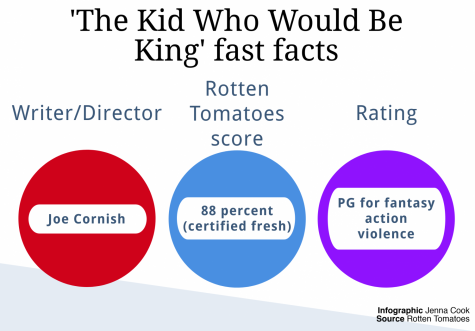 One character in particular, Merlin, is the one I have the most trouble with. Although he provides comic relief and wise insight, his ridiculous manner of casting spells and transforming himself from one figure to the next does a miraculous job of distracting from the plot. He is, without explanation, played by both lively and young Angus Imrie as well as — get this — Sir Patrick Stewart. The movie does nothing but waste Stewart’s talent, having him appear at times that make no sense, giving the impression that he was only cast to have his name associated with the film to give it more credibility. Unfortunately, though, this film is sure to be a stain on Stewart’s impressive film history.
One character in particular, Merlin, is the one I have the most trouble with. Although he provides comic relief and wise insight, his ridiculous manner of casting spells and transforming himself from one figure to the next does a miraculous job of distracting from the plot. He is, without explanation, played by both lively and young Angus Imrie as well as — get this — Sir Patrick Stewart. The movie does nothing but waste Stewart’s talent, having him appear at times that make no sense, giving the impression that he was only cast to have his name associated with the film to give it more credibility. Unfortunately, though, this film is sure to be a stain on Stewart’s impressive film history.
The plot itself is messy and discombobulated. An expositional storybook sequence at the beginning of the film gives a bit of history and context to the viewer but doesn’t serve much of a purpose other than to tell the tale most people already know. The heroes are saved by extremely convenient plot devices more than once, which is rather frustrating considering the climactic battle scene that is drawn out well past the time it should have been allotted.
“The Kid Who Would Be King” has a clear desire to convey a message of power and hope to kids, but this gets lost through confusing dialogue and poorly executed fight scenes. The story of King Arthur was just fine the way it was, and there was no reason to mess with it.
“The Kid Who Would Be King:” ★☆☆☆☆



